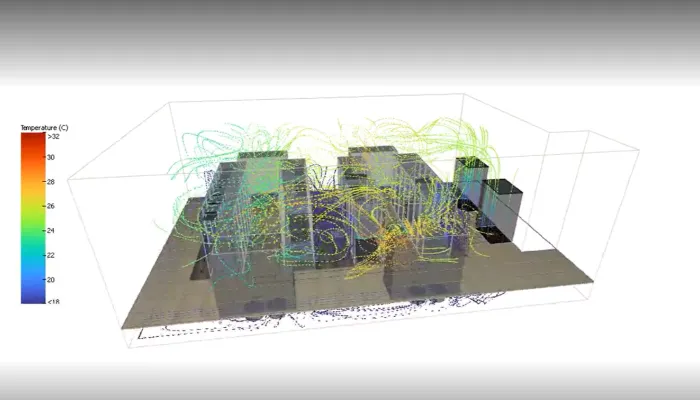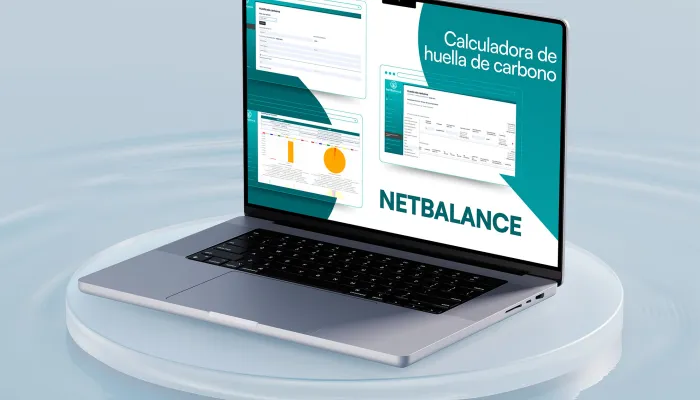"frESCO": the next generation of energy performance contracts

Energy Performance Contracting (EPC) is a form of "creative financing" for capital improvements that allows energy efficiency upgrades to be fundedthrough cost savings.
Under an EPC agreement, an external organization (ESCO) implements a project to improve energy efficiency or renewable energy production and uses the revenue stream from cost savings or returns from the renewable energy produced to repay the project's total costs, including the initial investment. Essentially, Energy Service Companies (ESCOs) will not receive payment unless the project achieves the expected energy savings.
The approach relies on transferring technical risks from the client to the ESCO, based on the performance guarantees provided by the ESCO. In EPC, the ESCO's remuneration is based on demonstrated performance; one measure of performance is, for example, the level of energy savings or the benefits of an energy service.
EPC is a means to ensure infrastructure improvements for facilities that lack energy engineering expertise, labor, or management time, capital financing, risk understanding, or technological information. Therefore, customers with limited funds but good creditworthiness are good potential clients for EPC.
Despite the significant economic potential for energy savings in the EU, very few ESCOs today apply Energy Performance Contracting to the residential market due to the following main barriers that make large-scale application of the ESCO EPC model for residential buildings particularly difficult:
- High transaction costs: the payback periods under EPC contracts are not attractive;
- High market fragmentation: there is a vast population of buildings characterized by the availability of a variety of installed technologies and devices that are either not connected or, in the case of "smart" devices, the diversity of communication protocols and the lack of clear standardization guidelines considerably increase the complexity of data collection and management functions;
- The landlord/tenant dilemma: the landlord has no economic motivation to reduce electricity costs, which are paid by the tenants, making investments unattractive and payback periods considerably long;
- Variation in individual needs and behaviors that require personalized treatment when it comes to energy management to avoid disruptions in daily life and degradation of the standard of living;
- Lack of information and expertise among residential consumers regarding EPC and energy management, and reluctance to engage in constant interaction with home systems and service providers to maximize energy benefits;
- Fear of dependency on specific contractors over a long period;
- Inability of tenants/homeowners to handle initial investments (if necessary) and lack of public subsidies and per capita financing, especially considering the low attractiveness of typical EPC plans and services.
Therefore, new EPCs need to decouple from current savings-based performance contracts and allow adaptation to evolving energy market trends with the introduction of novel hybrid plans that not only reduce costs but also create new revenue streams for end consumers/prosumers, enabling them to participate in energy transactions and become active agents.
This approach is expected to significantly reduce the payback period for relevant investments in smart equipment, resources, and distributed energy assets (e.g., storage, electric vehicles), thus increasing the attractiveness of modern EPCs for both the investor (ESCO/aggregator) and the consumer (also eliminating the landlord-tenant dilemma).
frESCO aims to directly achieve primary energy savings of 464 MWh/year and a reduction of 108 tCO2/year, triggering an investment of 28.3 million euros during replication
In this context, the frESCO project has received funding from the European Union’s Horizon 2020 research and innovation program under grant agreement No 893857, starting on June 1, 2020, to carry out the next generation of EPCs based on synergistic business models between aggregators and ESCOs, innovative hybrid energy services that appropriately combine energy efficiency and demand response, clear and well-specified legal/contractual provisions, and objective measurement and verification plans to ensure the objective verification of savings and the fair and transparent remuneration of flexibility according to the principles of performance-based payment plans

With this objective, the frESCO Project consortium, under the coordination of CIRCE, will introduce a variety of multiservice packages to be provided by ESCOs/aggregators to residential consumers under the expanded EPC offerings based on the Pay-for-Performance principle. These packages will combine:
- Building upgrades and investments for the installation of smart equipment (metering, sensing, actuating), along with extended offers for the installation of distributed generation units (PV) and storage (batteries);
- Energy efficiency measures, encompassing behavioral transformation, targeted energy-saving guidance, along with more advanced concepts for net metering/self-consumption through smart automation both at the building and local energy community levels;
- Flexibility services (with the introduction of storage and, if available, electric vehicles as a means to increase flexibility);
- Non-energy services (comfort preservation, indoor air quality, security, well-being, emergency notification services, etc.).
The new frESCO business models will be demonstrated in four different pilots (Spain, France, Croatia, and Greece) with complementary characteristics in terms of building typology (single-family/multi-family), climate, regulation, energy consumption, energy assets, consumer groups, etc., thus facilitating the replication of frESCO solutions across Europe. Altogether, frESCO aims to directly achieve primary energy savings of 464 MWh/year and a reduction of 108 tCO2/year, triggering an investment of 28.3 million euros during replication.
Latest news






